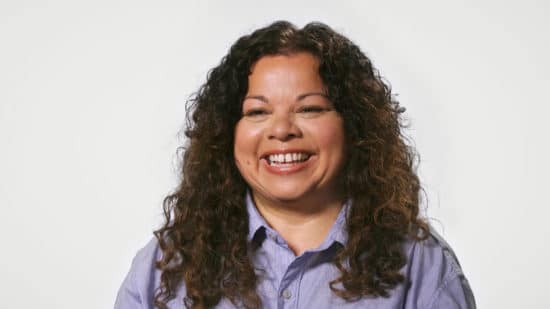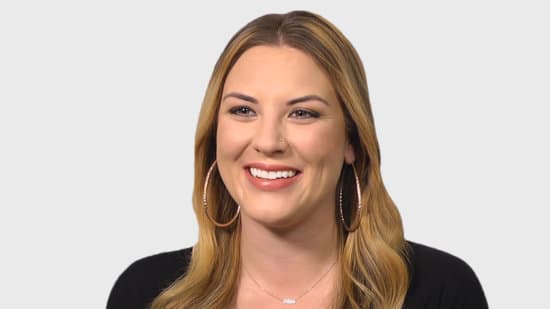Conductor Composer

What you need to know
Music directors, also called conductors, lead orchestras, and other musical groups during performances and recording sessions. Composers write and arrange original music in a variety of musical styles.
Music directors commonly work in concert halls and recording studios, and they may spend a lot of time traveling to different performances. Composers can work in offices, recording studios, or their own homes.
Some of the things a music director might do:
- Select musical arrangements and compositions to be performed for live audiences or recordings
- Prepare for performances by reviewing and interpreting musical scores
- Direct rehearsals to prepare for performances and recordings
- Choose guest performers and soloists
- Audition new performers or assist section leaders with auditions
- Practice conducting to improve their technique
- Meet with potential donors and attend fundraisers
Some of the things a composer might do: - Write original music that orchestras, bands, and other musical groups perform
- Arrange existing music into new compositions
- Write lyrics for music or work with a lyricist
- Meet with orchestras, musical groups, and others who are interested in commissioning a piece of music
- Study and listen to music of various styles for inspiration
- Work with musicians to record their music
Watch this video to learn more about what our conductor and composer role models do in their careers do:

- Discipline: Talent is not enough for most music directors and composers to find employment in this field. They must constantly practice and seek to improve their technique and style.
- Interpersonal skills: Music directors and composers need to work with agents, musicians, and recording studio personnel. Being friendly, respectful, and open to criticism as well as praise, while enjoying being with others, can help music directors and composers work well with a variety of people.
- Leadership: Music directors and composers must guide musicians and singers by preparing musical arrangements and helping them achieve the best possible sound.
- Musical talent: To become a music director or composer, one must have musical talent.
- Perseverance: Music directors and composers need the determination to continue submitting their compositions after receiving rejections. Also, reviewing auditions can be frustrating because it may take many different auditions to find the best musicians.
- Promotional skills: Music directors and composers need to promote their performances through local communities, word of mouth, and social media platforms. Good self-promotional skills are helpful in building a fan base and getting more work opportunities.
Watch this video to learn more from our role models:

The average pay for music directors and composers in the United States was $62,940 in May 2022 according to the U.S. Bureau of Labor Statistics.
The specific pay depends on factors such as level of experience, education and training, geographic location, and specific industry.
About 5,100 new job openings for music directors and composers are projected each year, on average, over the next 10 years in the United States.
Overall employment of music directors and composers is projected to show little or no change from 2022 to 2032 according to the U.S. Bureau of Labor Statistics.
Music directors will be needed to lead orchestras for concerts and musical theater performances. They also will conduct the music that accompanies ballet troupes and opera companies.
In addition, there will likely be a need for composers to write original music and arrange known works for performances. Composers will be needed as well to write film scores and music for television and commercials.
Employers generally prefer candidates with a master’s degree in music theory, music composition, or conducting for positions as a conductor or classical composer.
A bachelor’s degree typically is required for those who want to work as a choir director. Those who work in public schools may need a teaching license or certification.
There are no specific educational requirements for those interested in writing popular music. These composers usually find employment by submitting recordings of their compositions to bands, singers, record companies, and movie studios. Composers may promote themselves through personal websites, social media, or online video or audio of their musical work.
Discover some of the courses you will take pursuing a degree in Music.
Watch this video to learn more from our role models:













